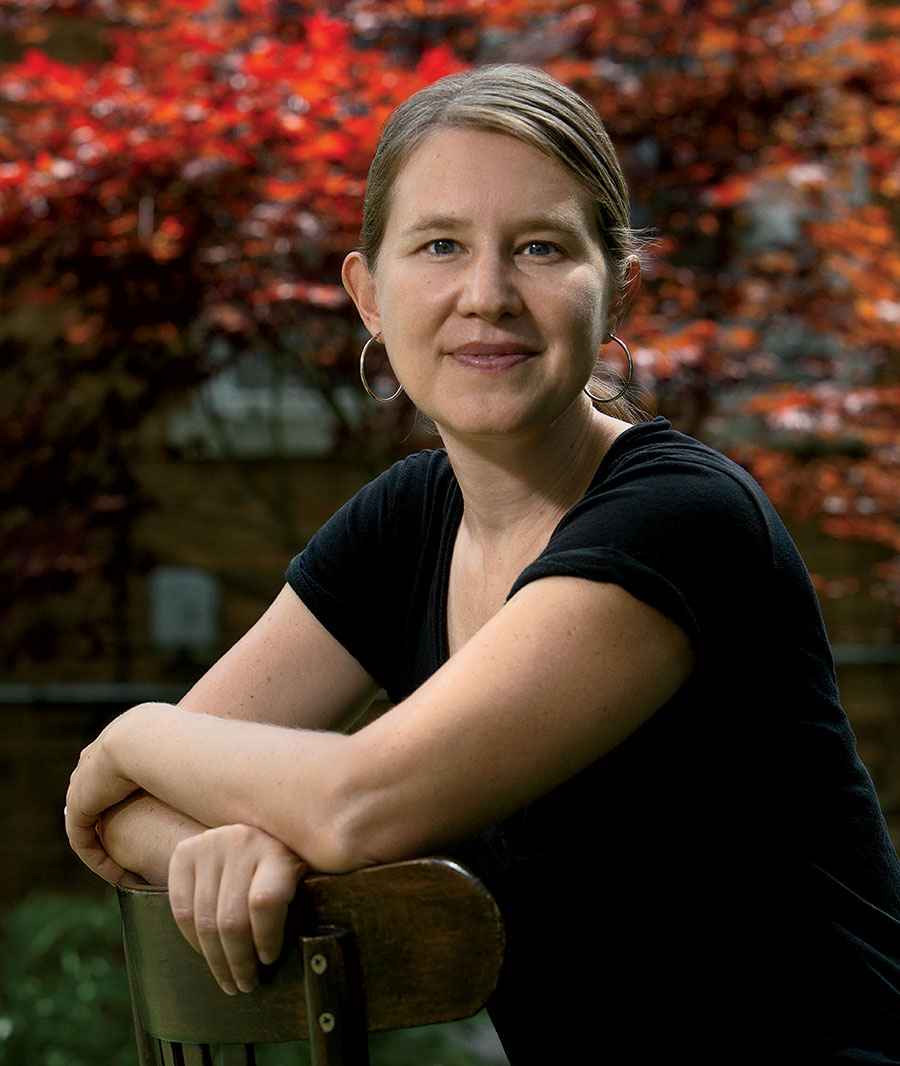
Early on in Having and Being Had [out September 1], you write about realizing that you didn’t actually know what “capitalism” meant. How did your definition change?
My understanding shifted from the very basic — it’s a system in which people build wealth by amassing capital — to a much richer understanding of how this system is built on the concept of private property that emerged in Europe in the 1600s. It was very much resisted by people of that time, especially common people. That contradicted what I had always believed, which was that capitalism liberated everyone. I also got a more sophisticated sense of what our choices might be. Sometimes we get presented false dichotomies like “Well, it’s either capitalism or communism, and we saw what happened with communism.” I don’t think those are the only choices.
I had a rich friend in college who wore a raggedy winter coat. I thought she was so secure that she didn’t care what people thought. But you have a different take — that some people are embarrassed by wealth. How did you come to that?
It’s partly from looking at the people around me, where almost everyone in my class bracket downplays what they have. People do that in different ways: focusing on their financial stressors or how difficult it is to pay certain bills. When I bought a house, I experienced a flood of shame over having this nice thing that I knew not everyone could have. This book partly came from the contradiction: I was enjoying lots of new comforts, but I was uncomfortable with those comforts. And I decided that I had something to learn.
Where did that discomfort come from?
Partially from, up until like five years ago, living a much more financially insecure life — not having health insurance, not having significant savings, not having much of a buffer against disaster. The three forms of security I was working toward were health insurance, knowing I could send my child to college, and retirement savings. If you want those things, you have to be on the upper end. That should not be the case.
One of your rules while writing was to disclose all dollar amounts, like your salary. Why?
The first time I did it — what I paid for my house — it was so excruciating that I knew that I had to continue, because it wouldn’t be that hard if it wasn’t important. It made it impossible for me to hide what I had from the reader, but more importantly, from myself. An interesting side effect: I realized that I had much more than I was admitting to myself. I wrote myself into abundance.



